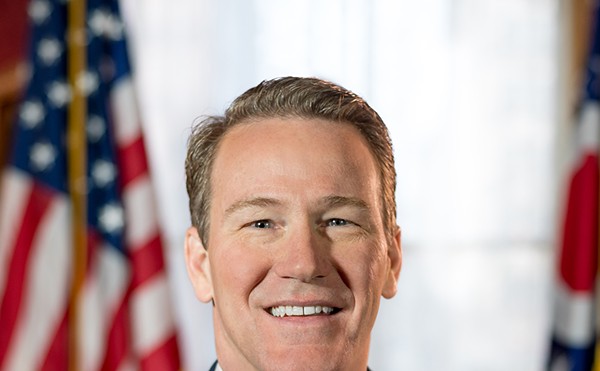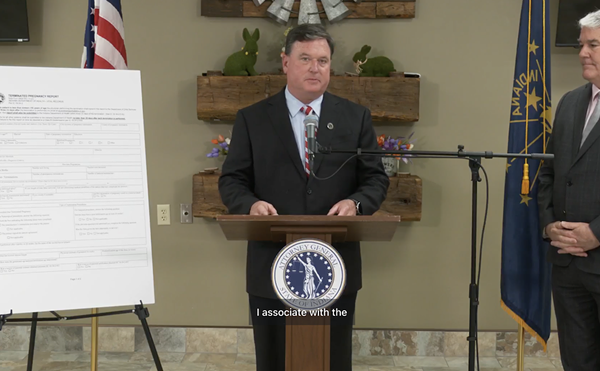Cincinnati City Council today voted through a raft of potential changes to the city’s charter that voters will need to approve in November. Those changes could have big implications for the way local elections are held and how council governs.
One would limit campaign contributions from LLCs to bring them in line with individual contribution limits.
Another would set staggered terms for council starting in 2021 — including a provision that would relegate the four lowest vote-getters on council to a two-year term starting that year. Those councilmembers would run again in 2023 for a four-year term. A separate choice for voters in November would set council on two-year terms.
Another provision would allow council to discuss city business in executive session.
The limitation on LLC contributions comes after controversy surrounding those donations. Generally, individual donors are limited to $1,100 contributions per candidate in city elections. However, there is a loophole that allows donors to contribute to candidates multiple times via limited liability corporations. Mayor John Cranley received roughly $260,000 in contributions via this route in the 2017 mayoral election, and his opponent, former councilwoman Yvette Simpson, received $30,000.
Councilman Wendell Young, a Simpson supporter, and attorney Don Mooney filed a complaint with the Cincinnati Elections Commission over those contributions to Cranley’s campaign. The commission upheld the practice, citing a 2005 advisory permitting the practice. Young challenged that decision in court.
Council approved putting the issue to voters 8-1, with councilman Jeff Pastor dissenting.
Look for the dueling terms amendments to be a flashpoint in the future. Council passed the two-year term option unanimously and the four-year staggered terms 7-2. But as you might expect, council members are somewhat divided over which they would rather see, with conservative-leaning members supporting two-year terms and Democrats generally in favor of staggered four-year terms.
If voters manage to pass both, the one with the most votes will go into effect.
“I’m going to vote ‘yes’ as a statement…” Vice Mayor Christopher Smitherman, who supports two-year terms, said of the staggered terms amendment. “It’s not a ‘yes’ of agreement. It’s a ‘yes’ to put the issue on the ballot before voters."
Council members Amy Murray and Jeff Pastor voted against the staggered four-year terms. Murray argued that because it would have only four or five candidates up for election at any given time, it would make it much harder for Republicans to get on council. Republicans Murray and Pastor finished eighth and ninth in the 2017 election, respectively, while conservative-leaning independent Smitherman finished fifth.
Murray called the staggered four-year terms “gerrymandering,” though Democrats on council disagreed.
The executive session amendment also got some pushback — this time from Mayor John Cranley, who called it a “secret government amendment.”
Ohio law allows city councils to meet in closed, executive session to discuss certain legal issues and other sensitive topics. The city’s charter, however, currently forbids the practice. That was relevant this spring, when council struggled to find a solution to a dramatic impasse between Cranley and then-City Manager Harry Black.
Currently, council members may meet one-on-one or in small groups with the city’s legal representation behind closed doors, but any quorum of council must meet and deliberate legal issues in a noticed public meeting. The amendment would change that.
“I’m always amazed at the continual effort to push for secret government,” Cranley said in today’s meeting. Democrat council members pushed back on that assertion, however, saying the amendment will simply bring council in line with practices allowed under state law that many other municipal lawmaking bodies observe.
After the meeting, Cranley signaled he would veto the executive session amendment. Council could override that veto with six votes at its next meeting in September.
Voters will decide in November on those charter amendments and potentially others, including a move that would raise the city’s admissions tax for entertainment venues to raise money for human services funding.






